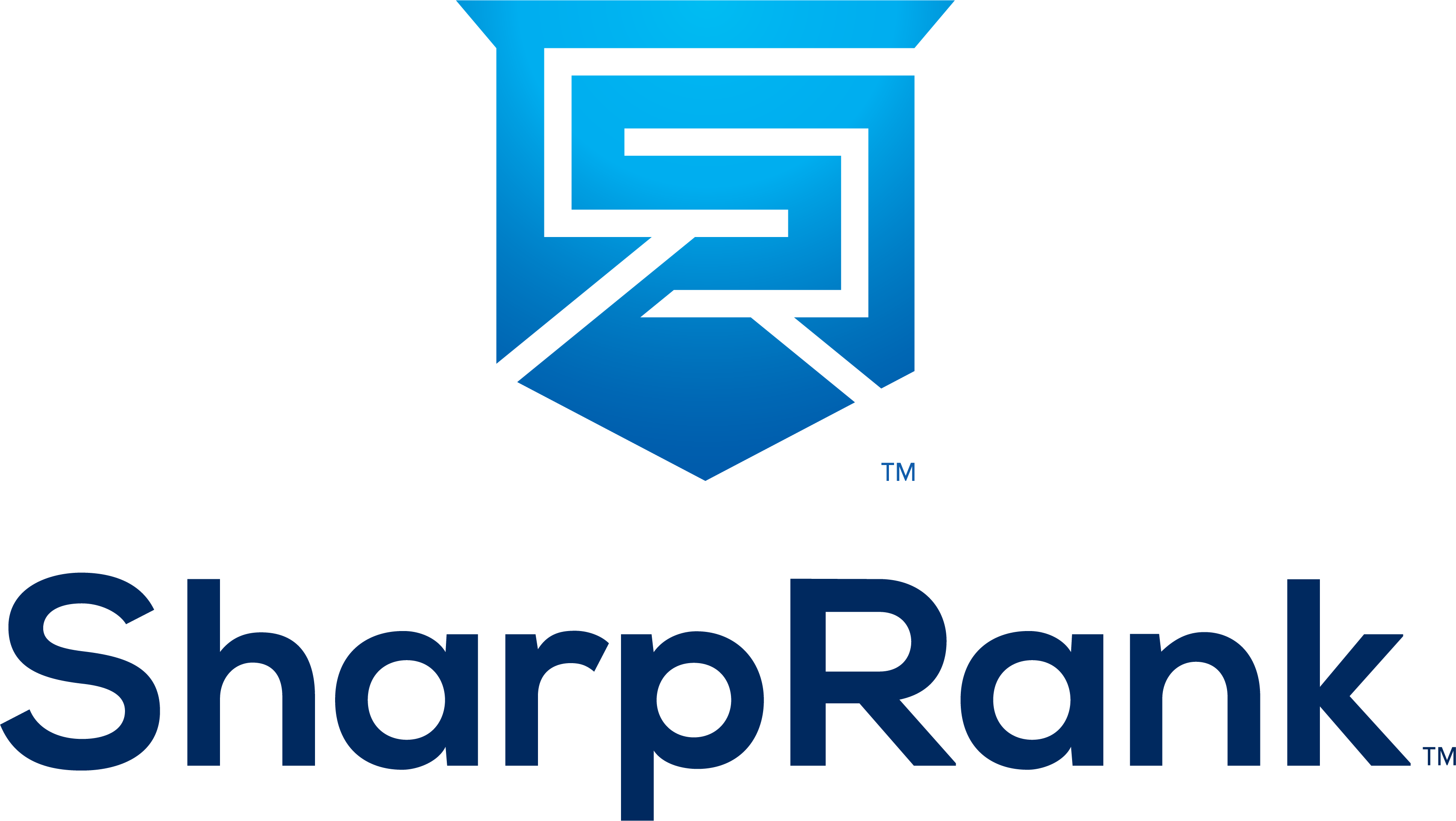SharpRank’s weekly updates on Compliance, Audit, Legislation, Ethics, & Regulation within the Sports Betting Industry.
Topics 6/19/24:
- Tennessee Fines Fanatics and ZenSports for Regulatory Violations
- Washington, D.C. Council Approves Budget Ending Online Sports Betting Monopoly
- Bernie Kosar Sues BIGPLAY Network Over Betting Incident
- MLB Umpire Disciplined Over Gambling Violation
- Senator Proposes National Framework to Regulate Sports Betting Ads in Canada
- Supreme Court Upholds Seminole Tribe’s Gaming Compact in Florida
Tennessee Fines Fanatics and ZenSports for Regulatory Violations
Fanatics Sportsbook and ZenSports have been fined by the Tennessee Sports Wagering Council for regulatory violations. Fanatics received a $50,000 fine for allowing eight self-excluded account holders to place bets, attributing the mistake to its acquisition of PointsBet’s U.S. operations. This is the second time Fanatics has been fined for self-exclusion issues, despite their proactive refunding of the losses. ZenSports was fined $60,000 for not maintaining sufficient cash reserves to cover its obligations, blaming the issue on an accounting error. Both companies have taken steps to prevent future violations, with Fanatics committing to avoid repeat offenses and ZenSports enhancing its accounting team. Tennessee, which began permitting sports betting in 2020, currently hosts 12 online sportsbooks, with Fanatics and ZenSports launching operations in mid-2023.
Washington, D.C. Council Approves Budget Ending Online Sports Betting Monopoly
The Washington, D.C. Council has approved the fiscal year budget, which includes provisions to end the online sports betting monopoly that has been in place for over four years. The budget, awaiting the Mayor’s signature and Congressional approval, will allow existing license holders to offer online sports betting throughout the district and create new Type-C licenses for additional operators. Despite objections, Council Chair Phil Mendelson included language from Council Member Kenyan McDuffie’s Sports Wagering Amendment Act of 2024 in the budget, aiming to foster competition in the city’s sports betting market. This move follows the city’s experience with a single online sports betting app, GambetDC, which was replaced by a deal with FanDuel due to poor performance. The budget also introduces a tax rate of 30% for Type-C license holders and increases the retail sports betting tax rate for Type-A license holders from 10% to 20%. While controversy arose over the inclusion of sports betting in the budget rather than through standard regulatory channels, the budget, with its sports betting provisions, is likely to be approved and forwarded to the Mayor for final approval.
Bernie Kosar Sues BIGPLAY Network Over Betting Incident
Former Cleveland Browns quarterback Bernie Kosar is suing BIGPLAY Network, alleging that the media company pressured him to place a bet on a sportsbook app, leading to his termination from his $200,000-per-year job as an analyst for the Browns’ pregame show due to NFL regulations prohibiting team-affiliated personnel from gambling on the league. Kosar filed a civil suit seeking $850,000 in damages, claiming that he was assured he wouldn’t be held accountable for the wager’s outcome. Despite his apology for the incident, stating his intention to donate any winnings to charity, Kosar contends that BIGPLAY’s actions breached their contract and caused significant financial harm.
MLB Umpire Disciplined Over Gambling Violation
Major League Baseball has disciplined umpire Pat Hoberg for violating gambling regulations, resulting in his removal from umpiring duties pending investigation, although no evidence of game manipulation was found. Hoberg is appealing the decision, stating his dedication to umpiring and baseball’s integrity. The exact nature of his betting activity remains undisclosed. This incident follows previous gambling-related issues in MLB, including the recent case involving Shohei Ohtani’s interpreter, Ippei Mizuhara, who pleaded guilty to fraud charges related to gambling debts.
Senator Proposes National Framework to Regulate Sports Betting Ads in Canada
A bill introduced by Senator Marty Deacon seeks to regulate sports betting advertising in Canada, aiming to establish national standards to limit advertising and prevent problem gambling, with concerns over the impact of unchecked promotion on youth and those vulnerable to addiction. While the bill has passed second reading in the Senate, it still faces hurdles, with Ontario as the only province to launch a regulated market for sports betting so far, albeit with its own issues regarding advertising regulations and celebrity endorsements. There’s pressure to expedite the legislative process before the current Parliament dissolves, with support from various political quarters and acknowledgment of the need to address concerns surrounding online gambling advertising.
Supreme Court Upholds Seminole Tribe’s Gaming Compact in Florida
The U.S. Supreme Court’s denial of West Flagler’s writ of certiorari marks a significant victory for the Seminole Tribe and Hard Rock Bet, solidifying their control over Florida’s gaming industry. The ruling, while not unanimous, likely ensures the exclusivity of the 30-year gaming compact between the tribe and the state, granting them sole rights to in-person and online sports betting, as well as certain casino games like craps and roulette. This decision underscores the Seminole Tribe’s dominance in Florida’s gaming landscape, potentially leaving other operators sidelined. Moreover, it opens the door for similar tribal compacts in other states, suggesting a broader impact on the future of online sports betting regulation in the U.S.

